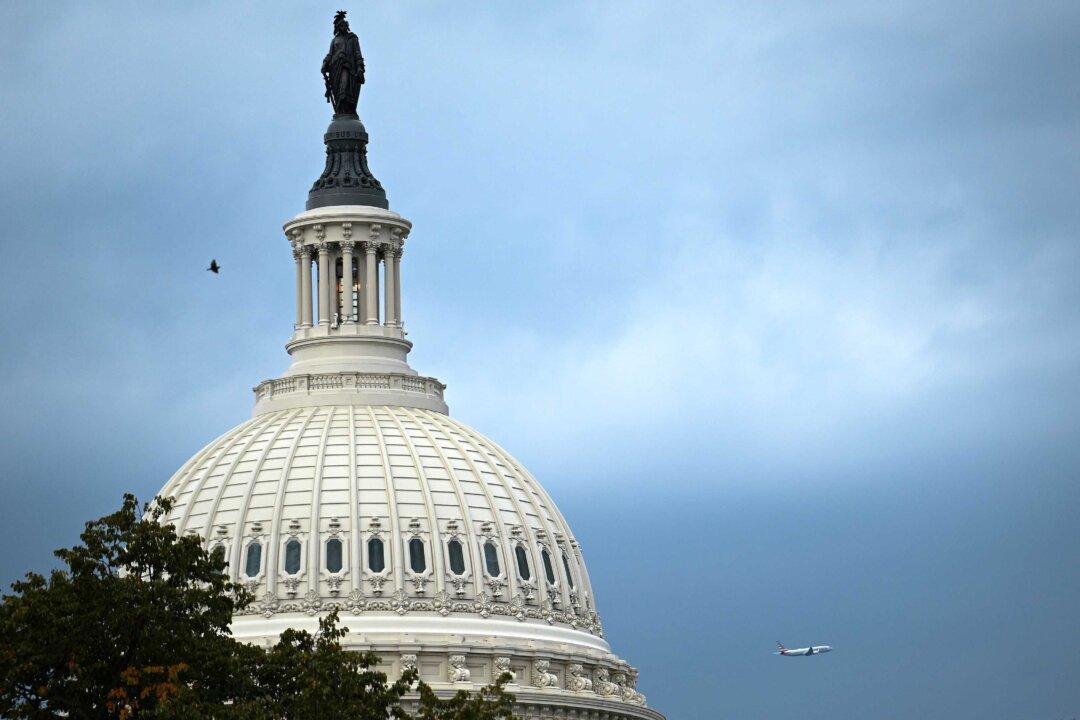The U.S. Senate on Dec. 3 confirmed Christopher Waller to the Federal Reserve’s Board of Governors, giving him a voice on the central bank’s policy-setting panel at a critical time in the nation’s economic history.
The vote was 48–47, with not a single Democrat supporting him and only one Republican voting against him.





